Sean McVay ‘out-coached’ as Rams offense flops in Super Bowl
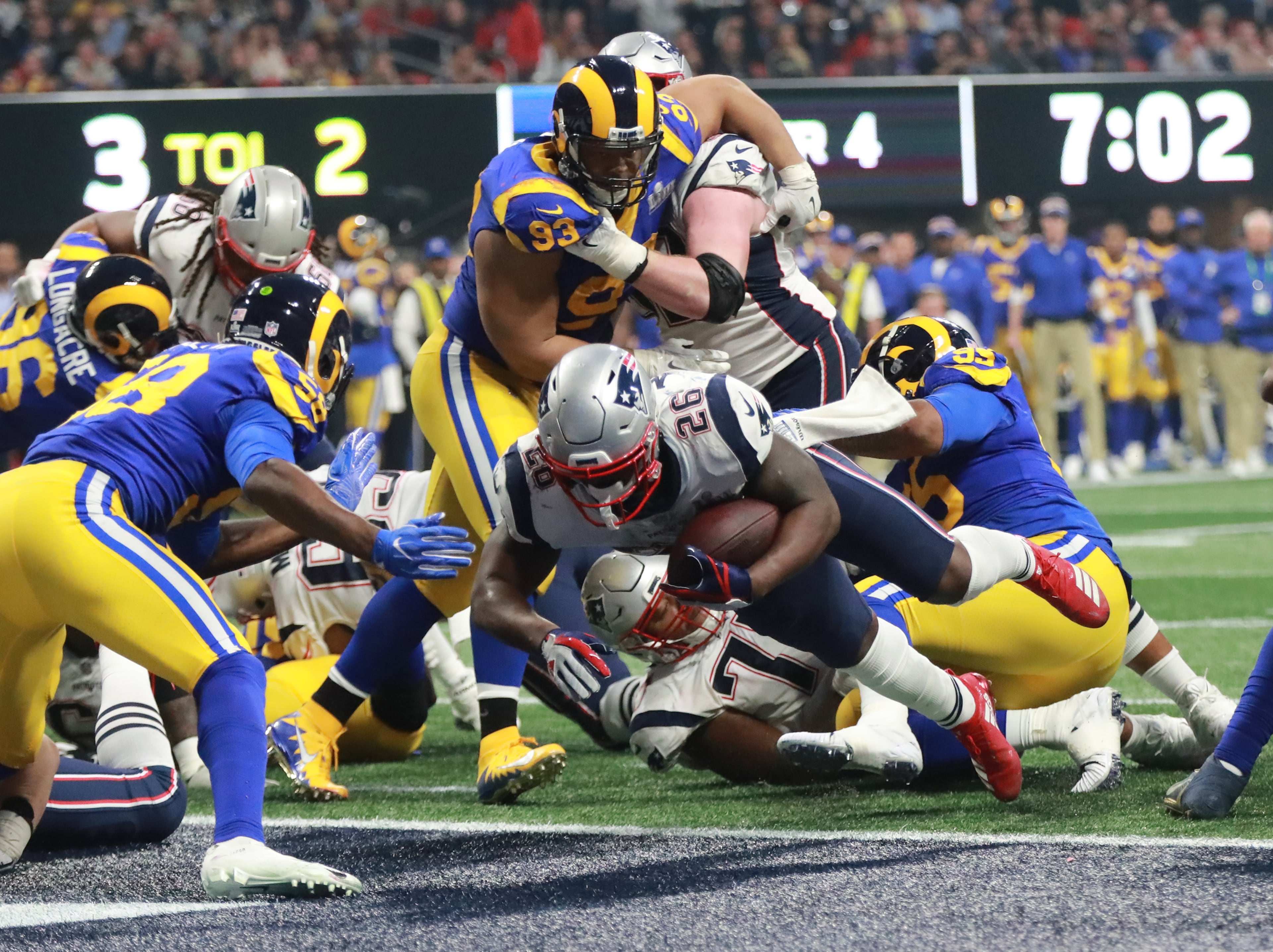
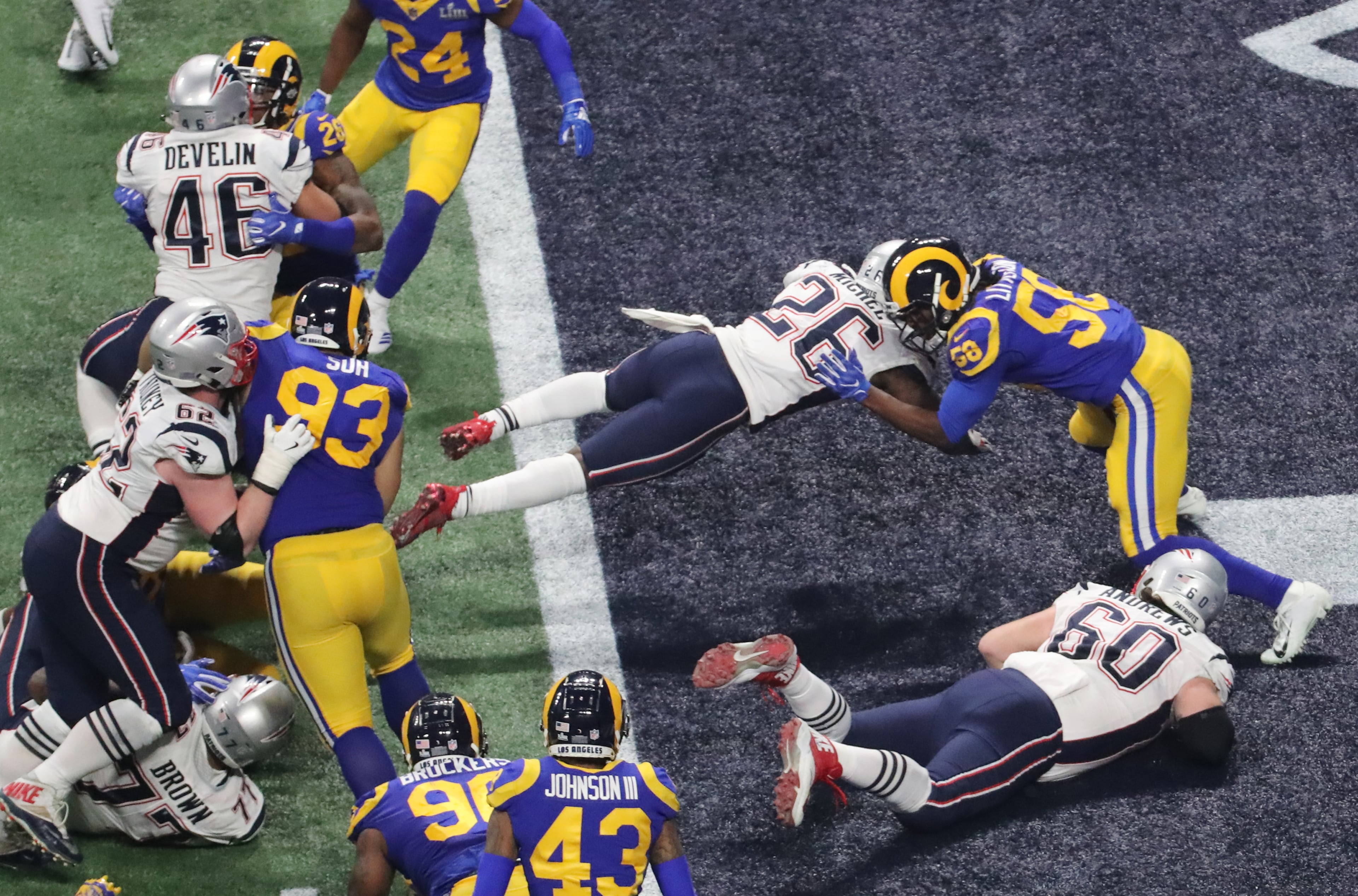






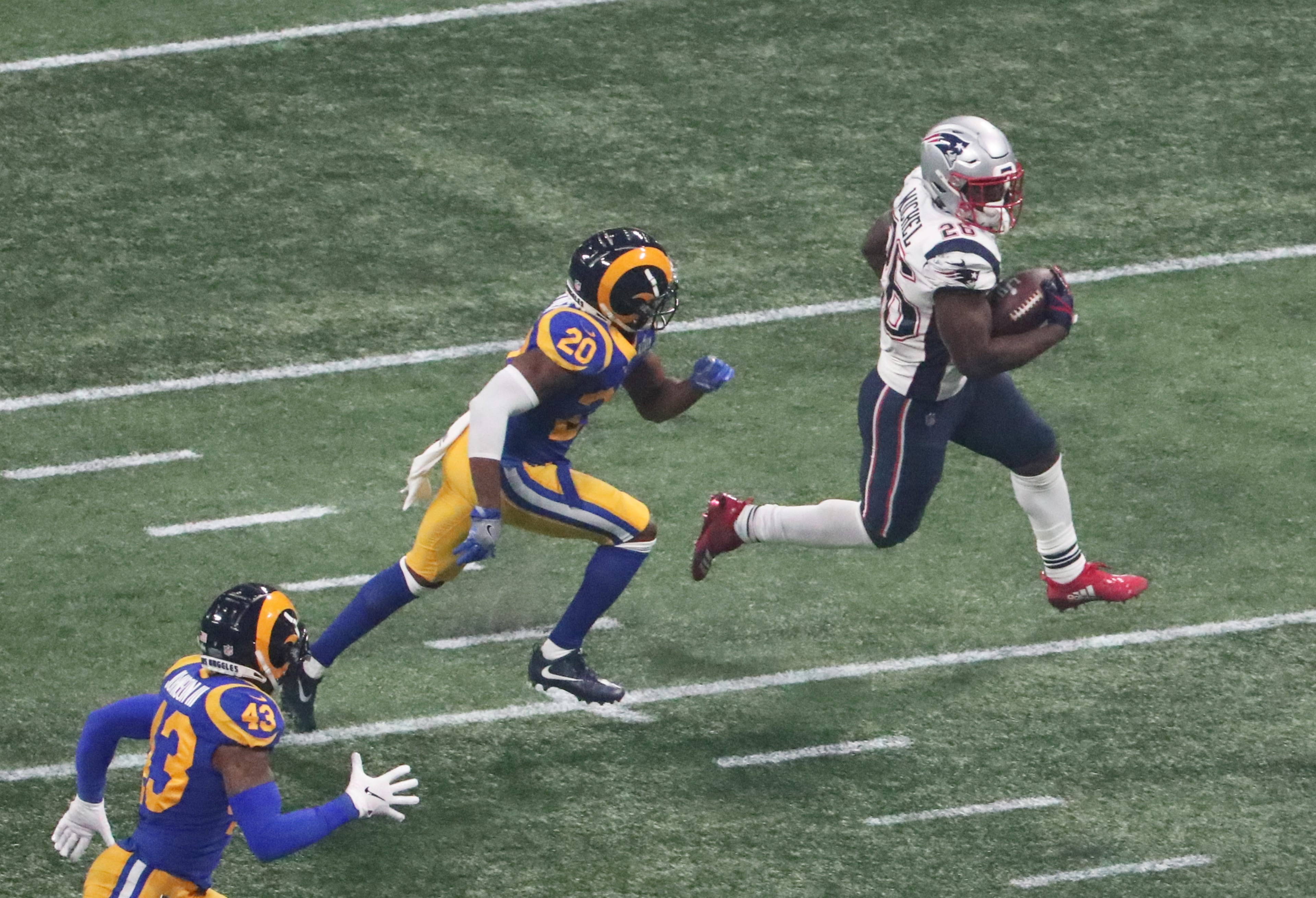




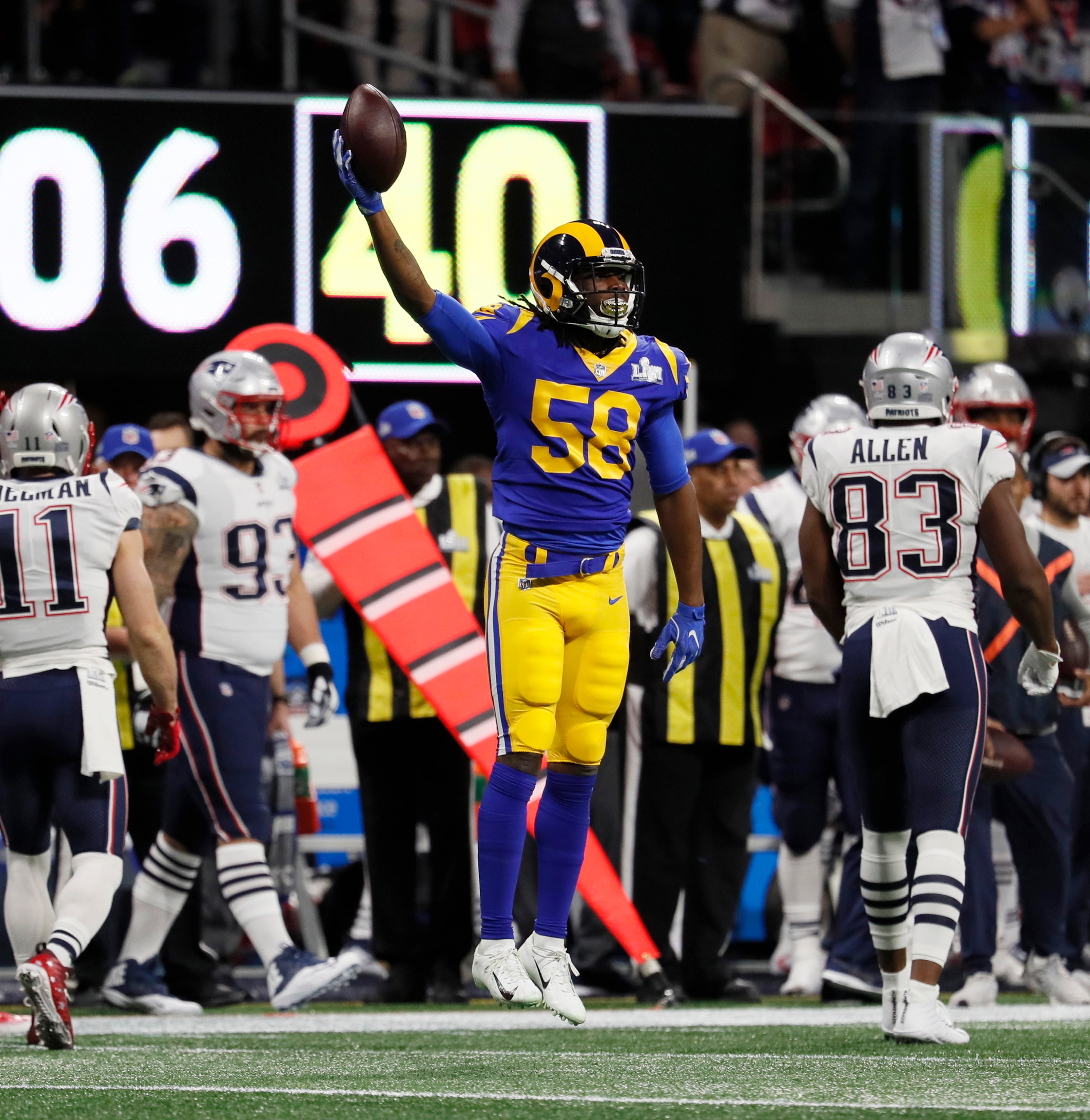
















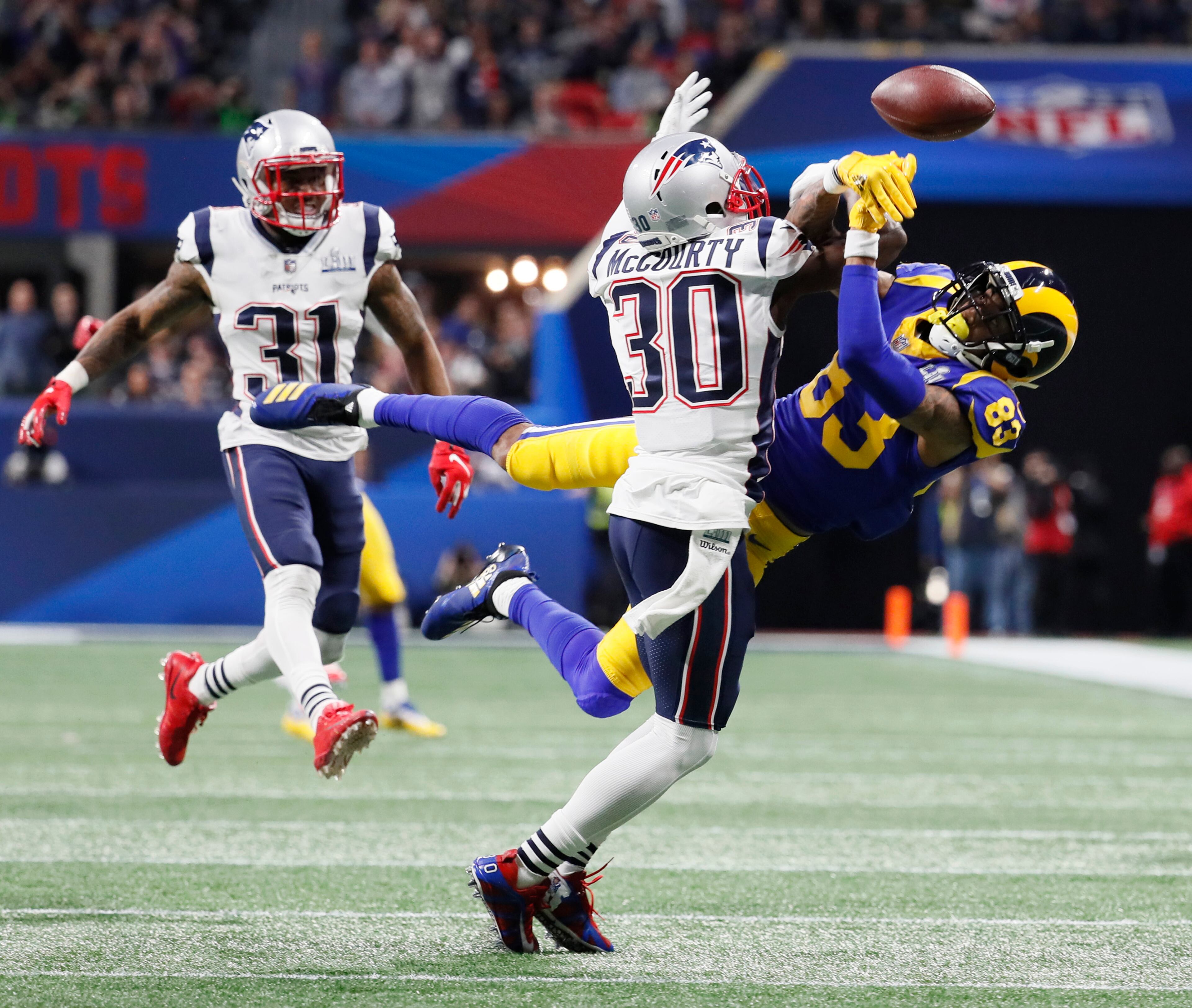
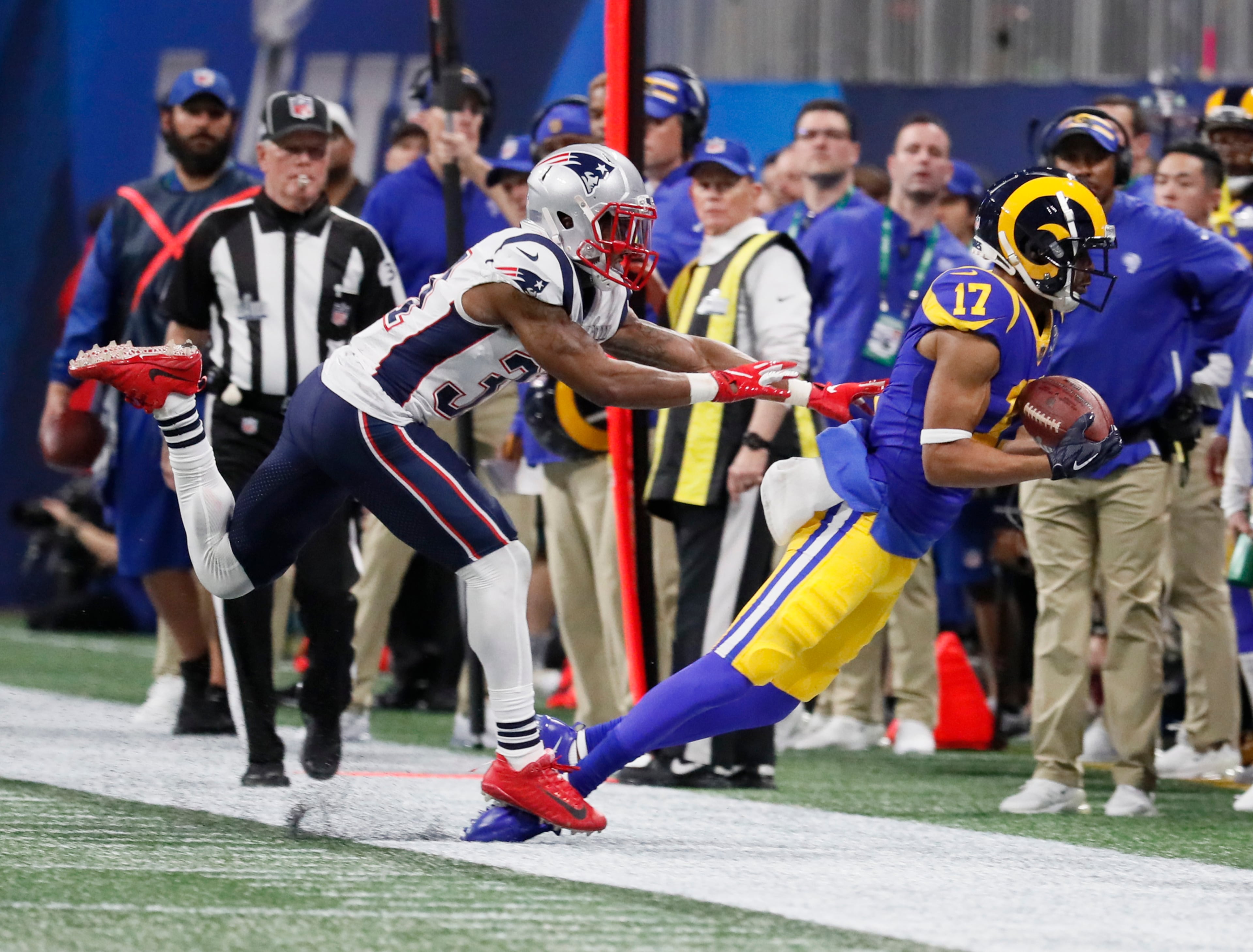

















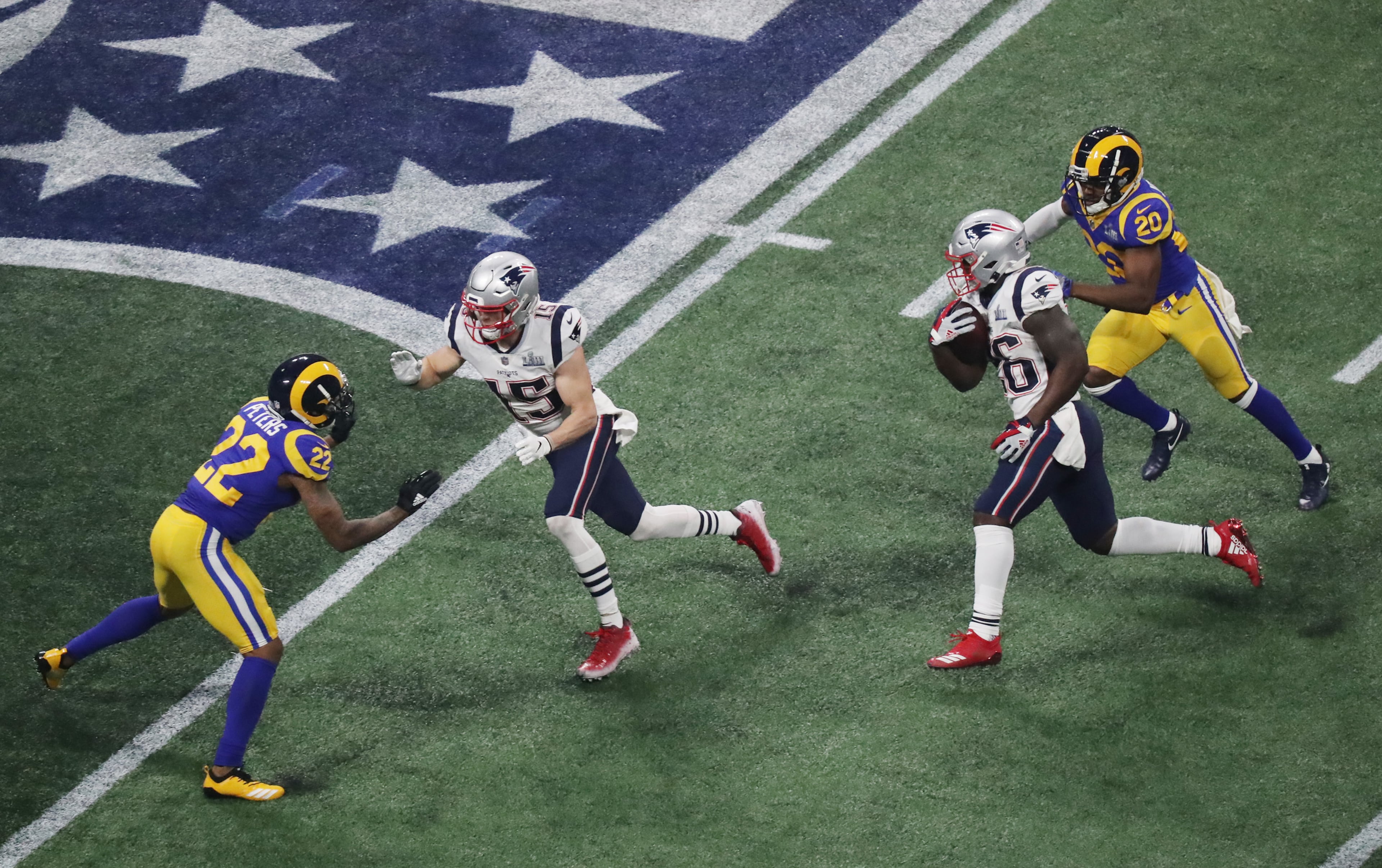





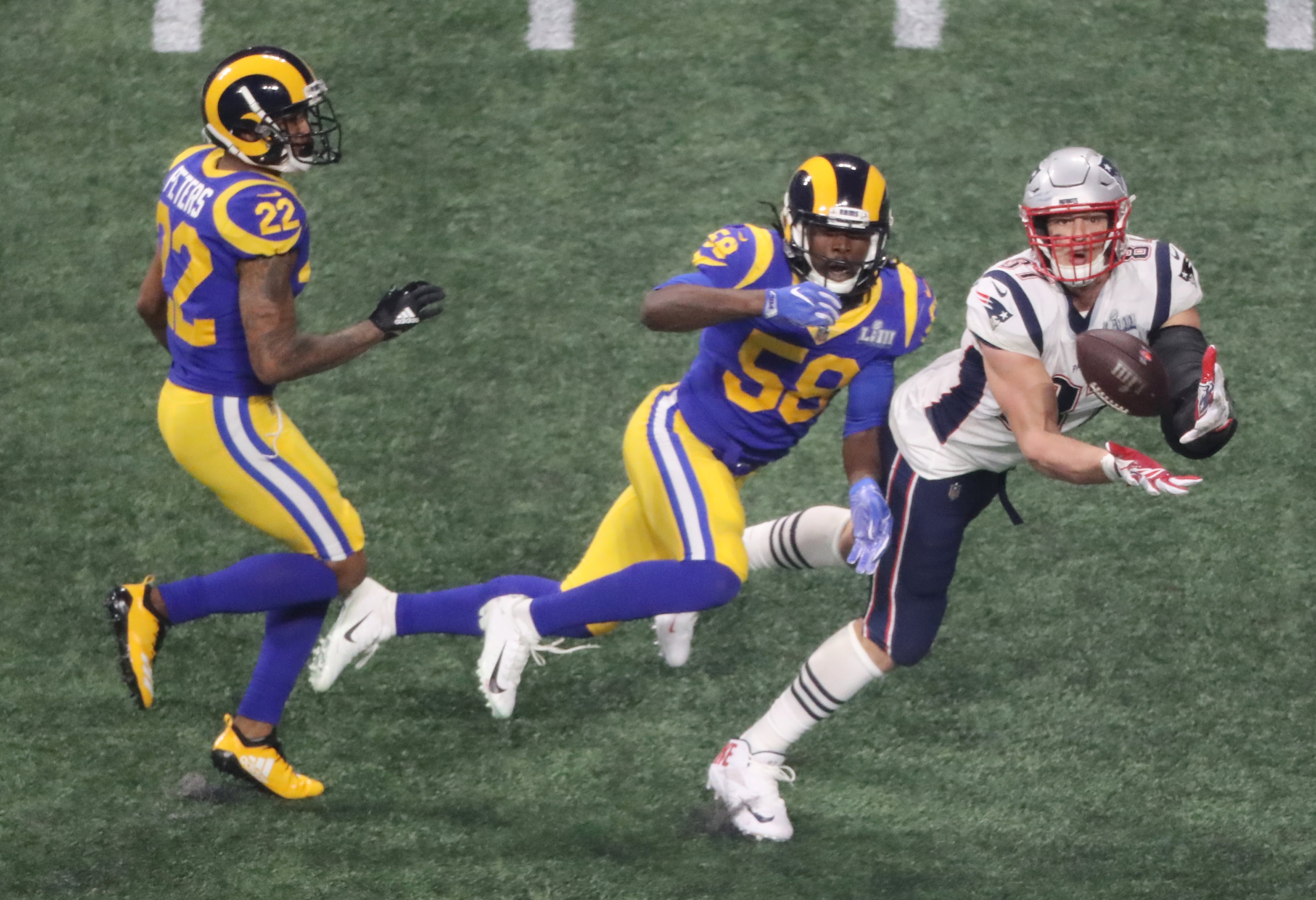


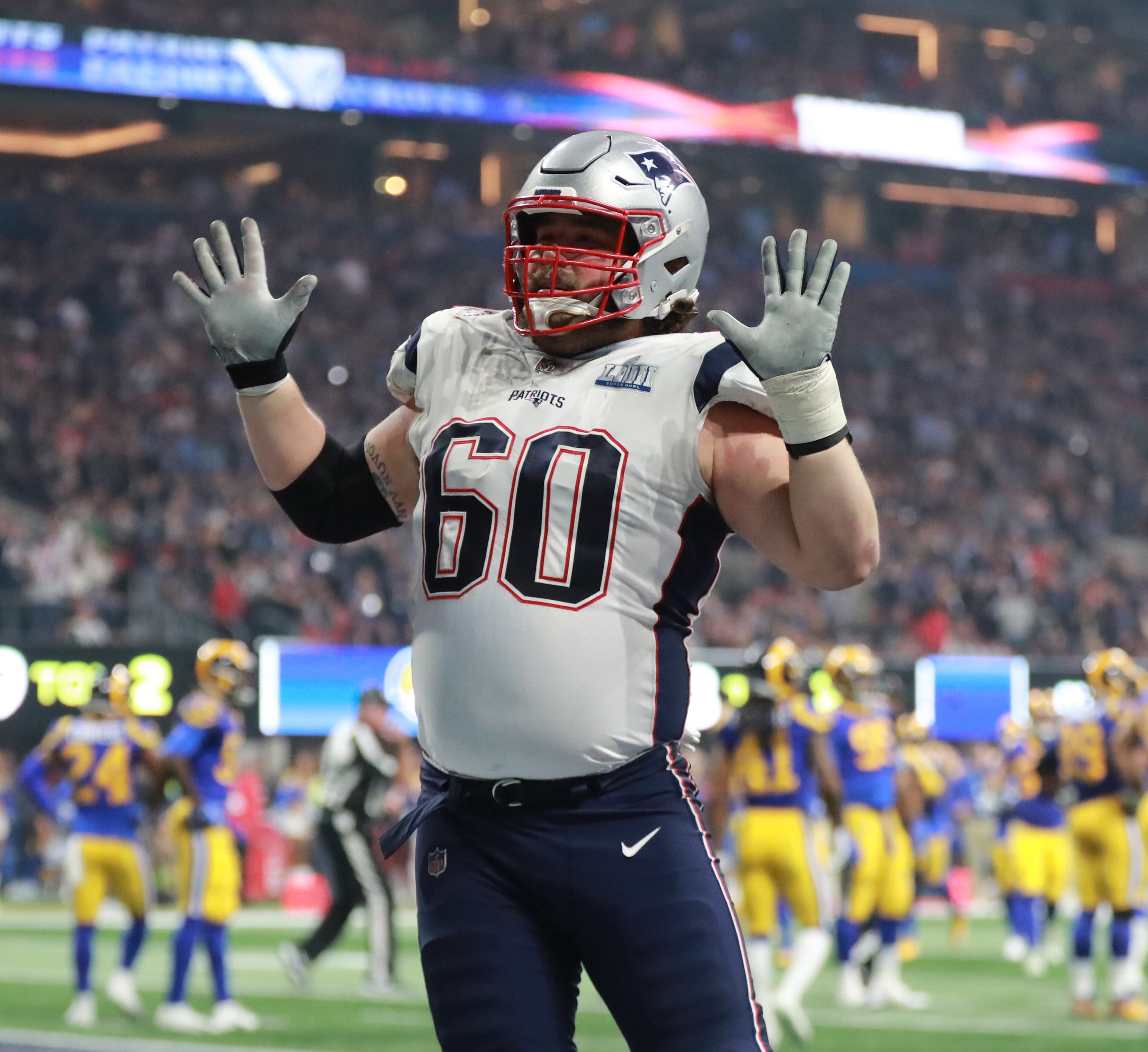













The usual caution about making too much of one game is eclipsed by the reality of this being the biggest game. It's hard to think about Sean McVay's entire body of work when his offense was dead on arrival in Super Bowl 53 at Mercedes-Benz Stadium.
The Rams didn't lose the Super Bowl on Sunday night because Tom Brady out-dueled them or Bill Belichick out-smarted them. Everyone could understand if that happened. Instead, the Rams lost 13-3 to the Patriots because their famed offense flopped. No one could see that coming.
In the aftermath McVay, L.A’s wunderkind head coach, took the hit for that failure. Not that he had much choice when his team tied the Super Bowl record for fewest points scored.
“I’m pretty numb right now but, definitely, I got out-coached,” McVay said.
New England’s defense ground McVay’s purportedly great offense to dust. The Rams set a record when their first eight possessions ended with punts. The Rams went three-and-out on five of those.
The Patriots changed their defensive front, deploying six defenders at the line of scrimmage to focus on stopping the run. Belichick is known for switching things up, so that shouldn’t have been a surprise.
McVay didn’t have a counter.
“I was not pleased at all with my feel for the flow of the game and making some adjustments as the game unfolded,” McVay said.
McVay’s young quarterback, Jared Goff, withered in the face of New England’s constant blitzes. The Rams had to know that was coming, too, but they didn’t look like it.
“I think the biggest thing is that the play selection didn’t really give him much of a chance,” McVay said.
Todd Gurley, once the NFL’s offensive player of the year, was mostly a bystander again. Gurley missed two games in December because of a knee injury and hardly played in the NFC championship game. He had just 10 carries and two pass targets among 60 Rams plays.
Before the game McVay insisted Gurley’s keee is fine. He said the same thing after. If that’s the case, there was no good reason for McVay not to ride Gurley, a power back who can make hay even against stacked fronts once he gets going.
Goff never found his footing. He completed just half of his 38 pass attempts for 229 yards. New England’s pass rush was relentless. Moving Goff outside the pocket didn’t work well because his throws were off-kilter or his targets covered.
Goff faced no pass-rush pressure when he made a fatal mistake in the fourth quarter. He tried to loft a pass to Brandin Cooks in the end zone, but Cooks stopped short. Pats cornerback Stephen Gilmore did not.
His interception with 4:14 to go ended L.A.’s bid to tie the score. The Pats added a field goal that essentially finished the Rams.
The Rams could have won this game with an ordinary showing from their offense. Their defense did everything well except cover Pats wide receiver Julian Edelman, the Super Bowl MVP. Wade Phillips, L.A.’s 71-year old defensive coordinator, had his guys playing fast and physical.
It didn’t start that way. The Patriots ran the ball four straight times at the middle of L.A’s defense, paying no heed to twin tackle terrors Ndamukong Suh and Aaron Donald. Then Rams cornerback Nickell Robey-Coleman tipped Brady’s first pass attempt, and teammate Cory Littleton intercepted it.
New England got in field-goal range on its second possession and ran what seemed like a give-up play on third-and-eight, a rush by James White for three yards. Stephen Gotskowski followed with a missed field-goal try from 41 yards. The Rams were so ferocious they had compelled the Patriots to play it safe.
New England’s next drive featured John Franklin-Myers jarring the ball loose from Brady on third down—the first sack allowed by the Pats in the playoff. On fourth down Donald grabbed Brady to force a rushed, incomplete pass.
The first three Pats possessions had gone interception, missed field goal and punt. They had to settle for a field goal on their fourth drive because big tight end Rob Gronkowski got cut down short of a first down.
The Pats punted to end their next drive. The Rams stopped the Pats on fourth down on the drive after that. The Pats punted on three consecutive possessions in the second half before finally piecing together a TD drive.
You kept waiting for L.A.’s offense to come alive. It never did. The Rams had to huff and puff for their one score, Greg Zuerlein’s 53-yard field goal in the third quarter. Goff had taken a nine-yard sack on third down, when the Rams had the ball at New England’s 26-yard line.
The Rams had made it to the Pats’ 27-yard line when Goff threw the interception. That was the last gasp for McVay’s offense. It was great for much of the season but so bad in the Super Bowl that McVay’s anointment will have to be postponed.
“I didn’t do nearly good enough for our football team,” McVay said.

